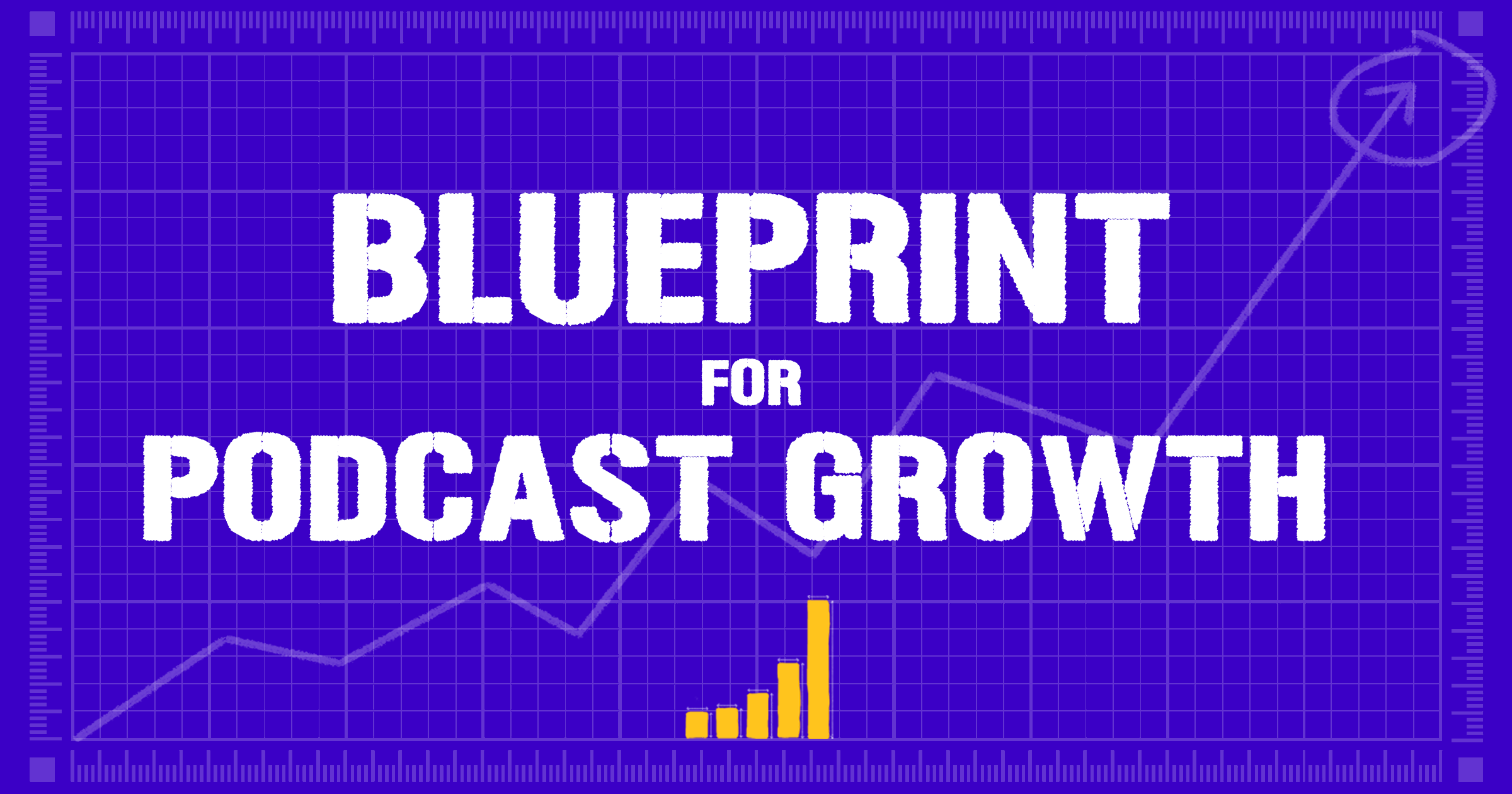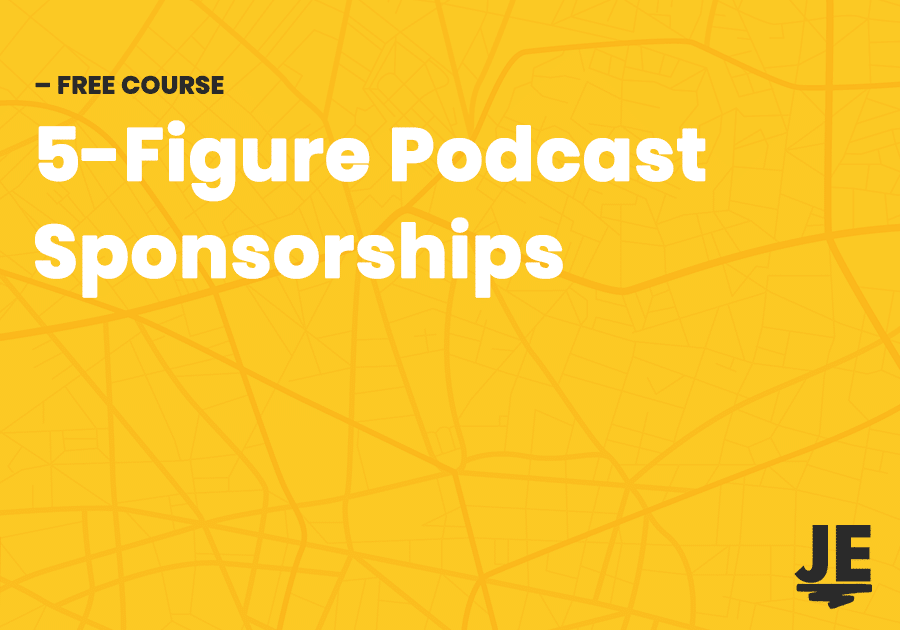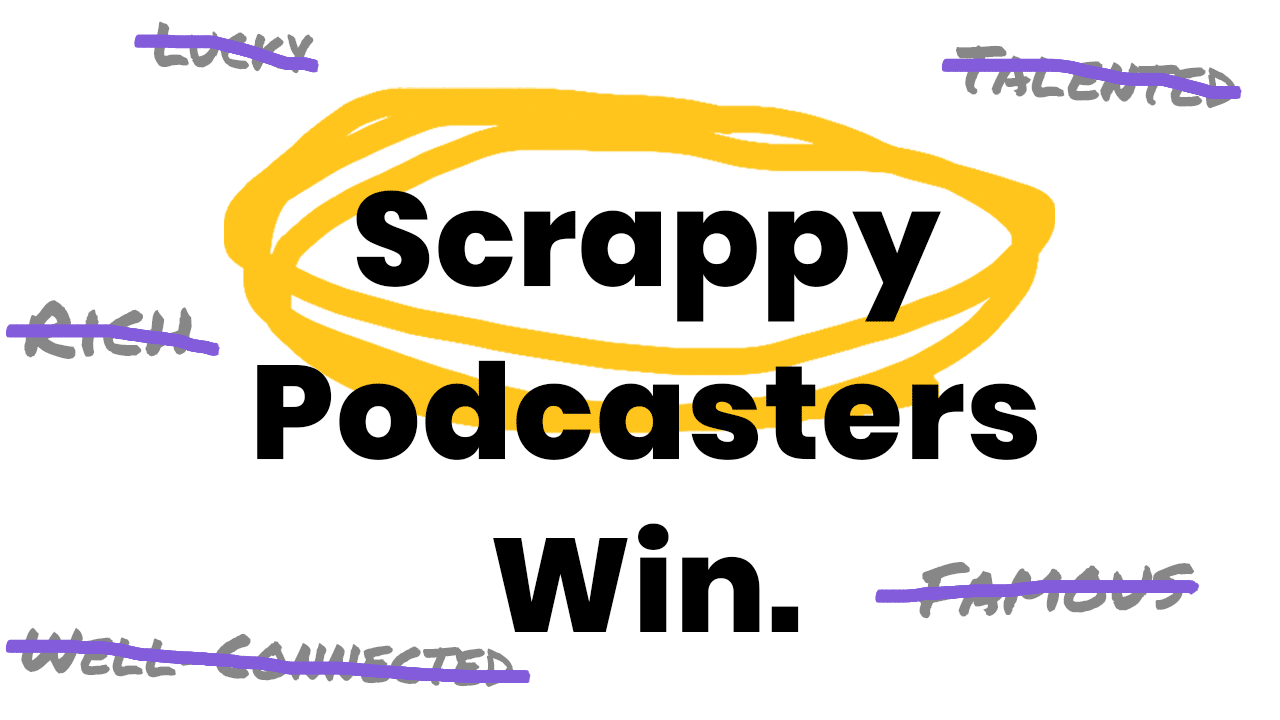When they first start out, most people have the wrong idea of what marketing is and how the’re supposed to use it to grow their podcast.
They might think it’s about simply posting on social media, maybe even paying to boost posts or run ads on social media or Google. After all, while scrolling through their feeds they’ve seen the flashy ads for big brands that surely know what they’re doing when it comes to marketing. Surely it can’t be that hard, right?
So, they send out a flurry of posts about their show and their offers, and when those posts and even the paid ads fail to return any meaningful result, they give up on marketing altogether. They may blame themselves for not being smart to figure it out or blame the system for being rigged against the little guy, but the result is the same and they stop trying to get the word out about their work.
But here’s the thing. Your marketing is not supposed to work the first time.
Sure, you should do everything you can to achieve the results you’re after on your first attempt, but effective marketing is often a long game that closely resembles the scientific process.
You must first form a hypothesis based on your current understanding of what type of marketing might work to help connect your target audience to your work. This hypothesis should be measurable by specific pre-determined metrics that you’ll use to track and judge its ultimate success.
Once you’ve set up your experiment, it’s time to run it and track the results.
The first time you run your marketing experiment, your goal is not ultimate success, but simply to gather useful data and establish a baseline from which to judge future tweaks to your experiment.
If you run an experiment and get crickets in response, great! Note what you did and run another experiment, tweaking only one variable at a time.
Continue to hone your experiment by constantly tweaking and testing the different inputs available to you until you find one that produces a measurable and repeatable result.
The secret of successful marketers is not that they understand the black magic that good marketing often feels like to outsiders. Instead, it’s their willingness to be patient, run experiments and make revisions to those experiments until they find what works, and then do more of that, all the while continuing to run additional small experiments to further improve the process.
If you create a podcast that you know is good enough and you know has an audience out there, you need to strap on your goggles, fire up your Bunson Burner, and start cooking up some experiments to connect with that audience.
Test, measure, tweak, repeat.
Every Sunday I send out an exclusive article on how to use podcasting to build an audience and grow your business. No opt-in, no bribe, no spam. You in?
- Why Wouldn’t They Just Google It? - March 14, 2021
- Before You Can Market Your Podcast, You Need To Create A Marketable Podcast - March 11, 2021
- Podcast Promotion & Marketing Are Different (Here’s How to Use Each Effectively) - March 10, 2021




